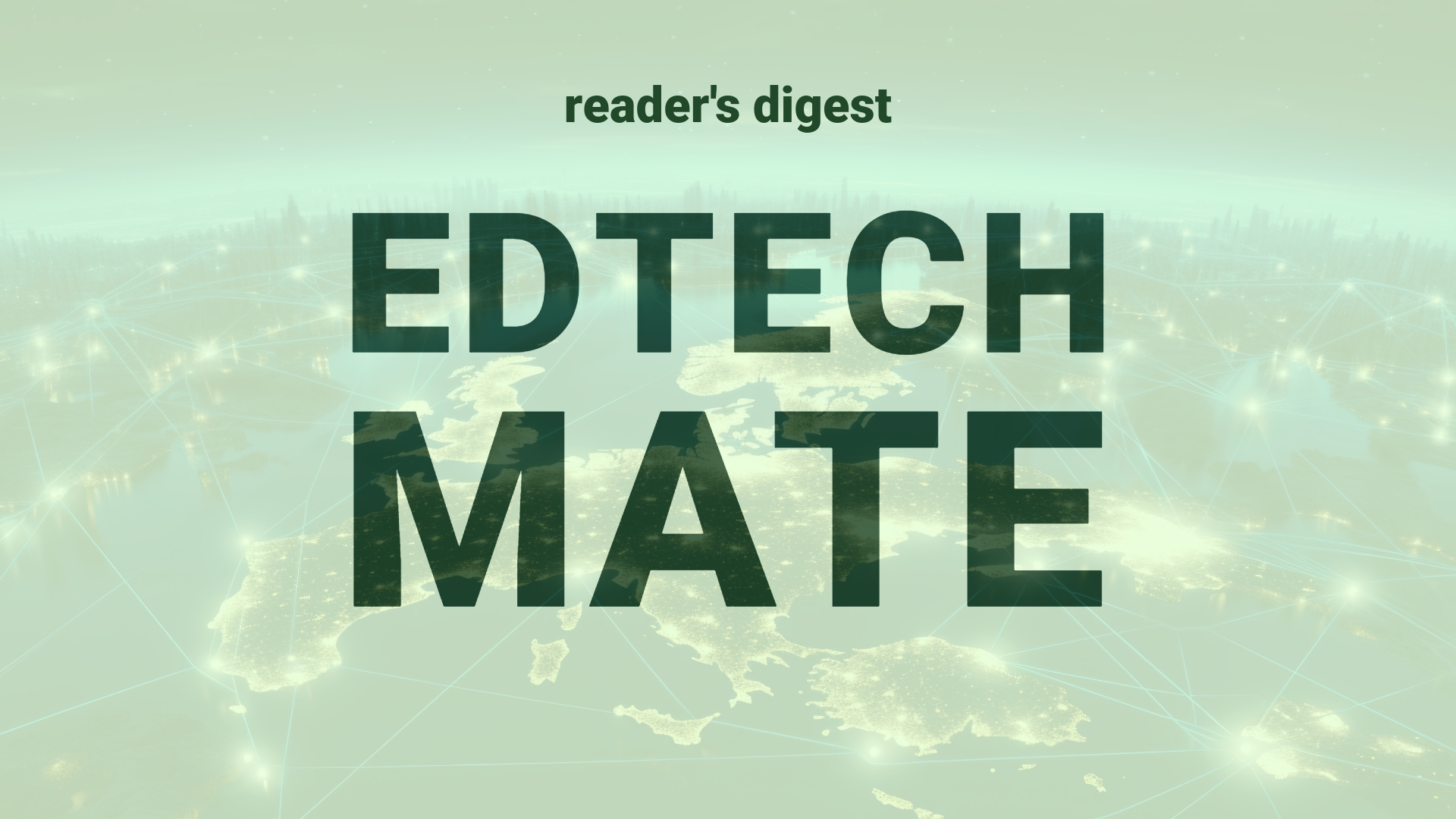Executive Summary and Main Points
The integration of Artificial Intelligence (AI) in the workplace, particularly as a central component of job functions, has yielded significant productivity gains and task optimization. However, recent studies illuminate a darker side: the human costs associated with this technological transformation. Employees interacting closely with AI report heightened feelings of isolation, increased alcohol consumption, and a rise in sleep disturbances compared to their non-AI-dependent counterparts. These findings suggest a complex dynamic between AI implementation and worker well-being, necessitating a careful evaluation of human-technology interaction within the constantly evolving educational landscape.
Potential Impact in the Education Sector
The pervasive influence of AI on further education, higher education, and micro-credentialing spheres could potentially revolutionize instructional design, learning outcomes, and administrative efficiency. Nevertheless, these benefits may come at the cost of educators’ and students’ well-being if not managed thoughtfully. As the sector gravitates towards strategic digital partnerships, institutions should prioritize integrating AI tools in ways that complement human engagement rather than replace it, paying special attention to maintaining a balanced socio-technical ecosystem.
Potential Applicability in the Education Sector
Innovative AI applications in global education systems offer a twofold value proposition: enhancement of pedagogical methods and streamlining of administrative processes. AI can assist by personalizing learning paths, automating assessment, and providing analytical insights into academic performance. However, adoption must be crafted to foster collaboration among educators and learners, ensuring AI serves as an empowering tool rather than an isolating force. The introduction of AI mentors and collaborative AI research initiatives could counteract potential negative socio-emotional impacts while augmenting the educational experience.
Criticism and Potential Shortfalls
Despite the promise of AI, concerns arise over its potential to erode workplace camaraderie and exacerbate health issues. Comparative case studies across various international educational institutions show that unbridled AI usage can lead to a depersonalization of learning environments, undermining the essence of educational communities. Moreover, ethical questions surrounding data privacy and the cultural relevance of AI-curated content have critical implications that need to be addressed to ensure inclusive and responsible AI integration in education.
Actionable Recommendations
To leverage the advantages of AI within global higher education without succumbing to its pitfalls, institutions should consider the following strategies: Implement AI with an emphasis on augmenting human interaction, not replacing it; establish clear ethical guidelines for AI usage that respect cultural diversity and data privacy; and invest in professional development programs that empower educators to skillfully blend AI tools into their pedagogy. Through conscientious planning and inclusive policy-making, international education leadership can navigate the digital transformation landscape effectively, maximizing AI’s educational benefits while safeguarding the well-being of all stakeholders.
Source article: https://hbr.org/2024/06/research-using-ai-at-work-makes-us-lonelier-and-less-healthy

